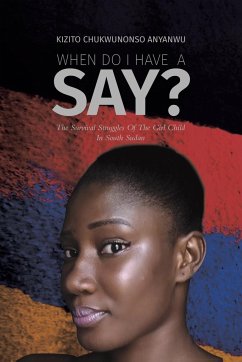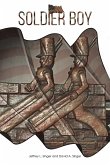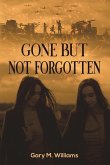The book When Do I Have a Say? is a story of a young girl Iholong, who lived through two civil wars, and is still living the experience of the latter. The major character Iholong is a perfect representation of the whole experience of the girl child and women in the war-torn South Sudan: the girl child who wants to have a say about whom and when to marry and not sold out to a man as a child, the girl child who desires equal opportunity to education as the boys, the girl child who wants to walk down the road without fear of rape or being violated, the girl child who is not regarded below the domestic animals, the girl child who has a say in charting a course for her future, the girl child who needs an environment free from wars and violence to be able to grow up without being forced to marry and repopulate the nation. The beauty of the book is in the strength of the young girl Iholong. Despite her existential circumstances, she did not only remain strong throughout her terrible experiences, but was determined to help other girls like herself. The book tells the stories of wars, refugees' experiences, killings, hunger, rape, sexual violation, women subjugation, forced marriages, child-marriages, girl-child compensation, girl-child abduction, trauma, illiteracy, and struggles to acquire education in the middle of war. It also presents the strength of the girl-child and women: their resilience, industry, generosity, beauty, intelligence, desire to acquire education, and determination to survive despite all odds.
Hinweis: Dieser Artikel kann nur an eine deutsche Lieferadresse ausgeliefert werden.
Hinweis: Dieser Artikel kann nur an eine deutsche Lieferadresse ausgeliefert werden.








